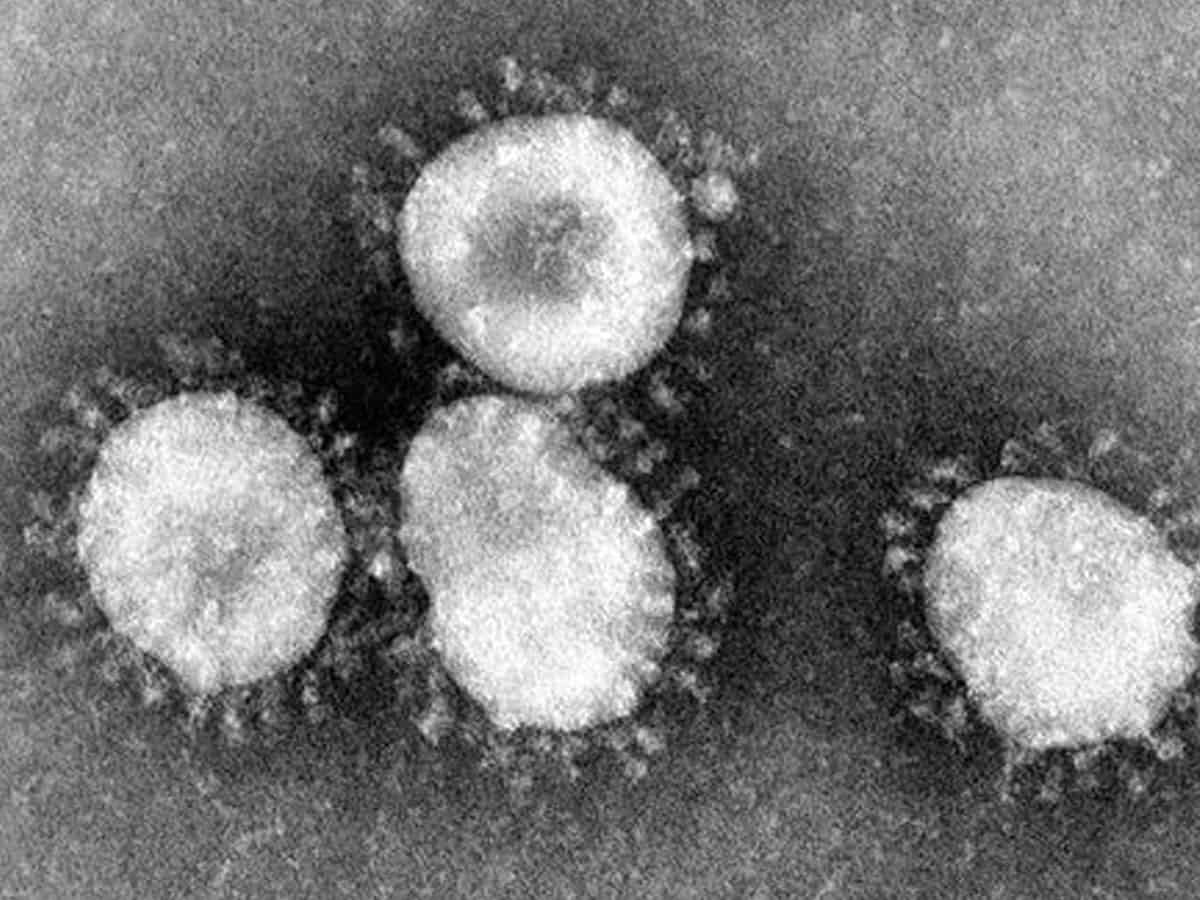Washington: Apple and Google are trying to get more U.S. states to adopt their phone-based approach for tracing and curbing the spread of the coronavirus by building more of the necessary technology directly into phone software.
That could make it much easier for people to get the tool on their phone even if their local public health agency hasn’t built its compatible app.
The tech giants on Tuesday launched the second phase of their exposure notification system, designed to automatically alert people if they might have been exposed to the coronavirus.
Until now, only a handful of U.S. states have built pandemic apps using the tech companies’ framework, which has seen somewhat wider adoption in Europe and other parts of the world.
States must choose whether they want to enable the Apple-Google system. If they do, iPhone users in those states will automatically be able to opt in to the system without having to download an app. They’ll be prompted with a notification asking if they consent to run the system on their phones.
For people with Android phones, Google will automatically generate an Android app for public health agencies that phone users can then download.
The companies said they expect Maryland, Nevada, Virginia and Washington, D.C., to be the first in the U.S. to launch the new version of their tool. Virginia says nearly half a million of its 8.5 million residents have downloaded its app since the state in early August became the first to launch a customized pandemic app using the Google-Apple framework.
Other states that have since launched COVID-19 apps using the Google-Apple model include North Dakota, Wyoming, Alabama and Nevada. The University of Arizona also has one that is expected to eventually go statewide.
Some of the apps don’t work as well once people travel across state borders, although a group of coordinating public health agencies is working to fix that by setting up a national server.
The technology relies on Bluetooth wireless signals to determine whether an individual has spent time near anyone else who has tested positive for the virus. Both people in this scenario must have signed up to use the Google-Apple technology. Instead of geographic location, the app relies on proximity. The companies say the app won’t reveal personal information either to them or public health officials.
Individuals who receive such proximity alerts will typically be offered testing and health advice to prevent potential future spread of the virus.
Maryland’s Republican Gov. Larry Hogan, announcing the state’s participation in the Apple-Google system at a press conference Tuesday, said it will help public health officials more quickly notify people of potential COVID-19 exposure and enhance existing efforts by health workers to trace the contacts of infected people.

